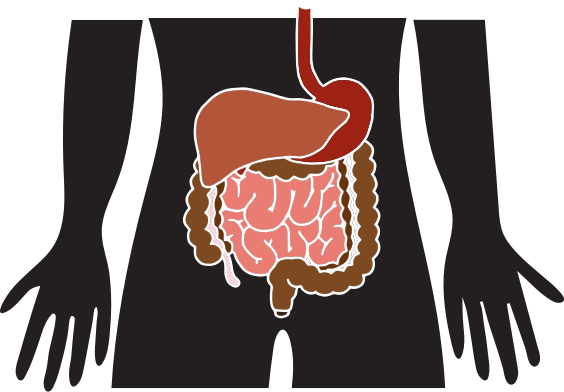Sometimes when people find out they have bowel cancer, they never knew they had a problem.
There are a number of symptoms or changes in your body you should look out for, including:
- some blood in your poo or on the toilet paper after a bowel motion
- changes when going to the toilet such as trouble doing a poo (constipation) or having very runny poo (diarrhoea)
- losing weight without meaning to
- pain in the belly area or when you go to the toilet (rectal/anal pain)
- a feeling like you’re bowel isn’t completely empty after going to the toilet
- low levels of iron in the blood (anaemia)
- feeling really tired.
Having these symptoms may not mean you have cancer, but it is really important to check.
If you have any of these problems, or are worried about something else, yarn with your doctor, nurse or Aboriginal and/or Torres Strait Islander health worker.






